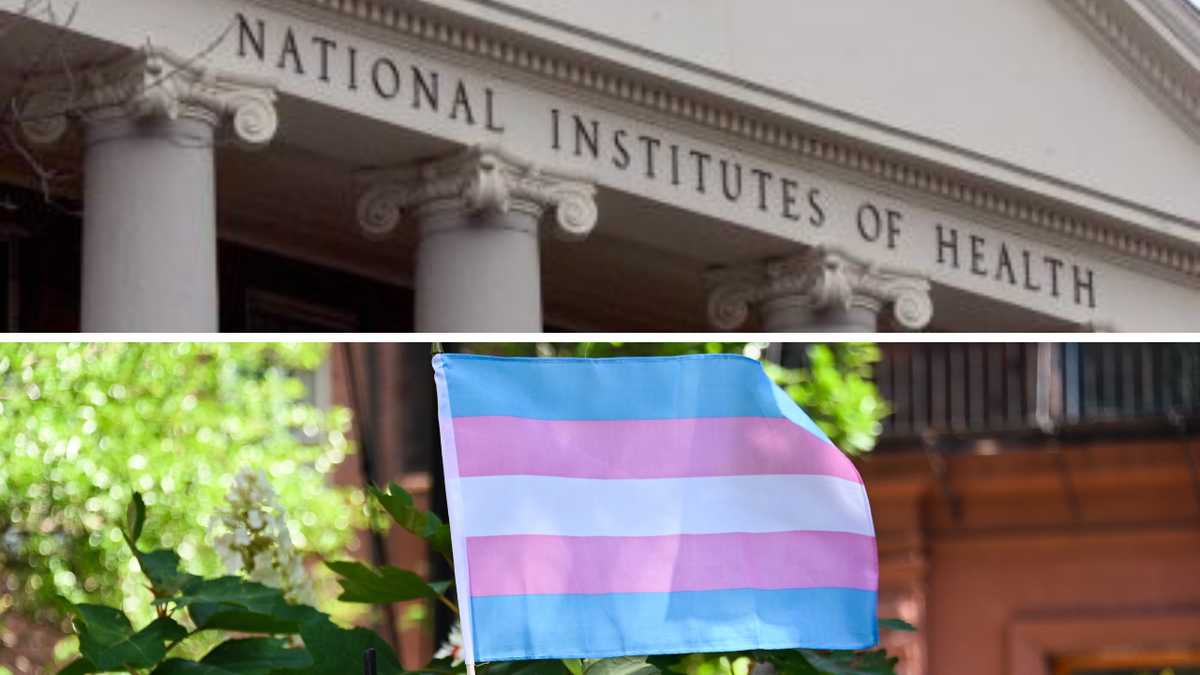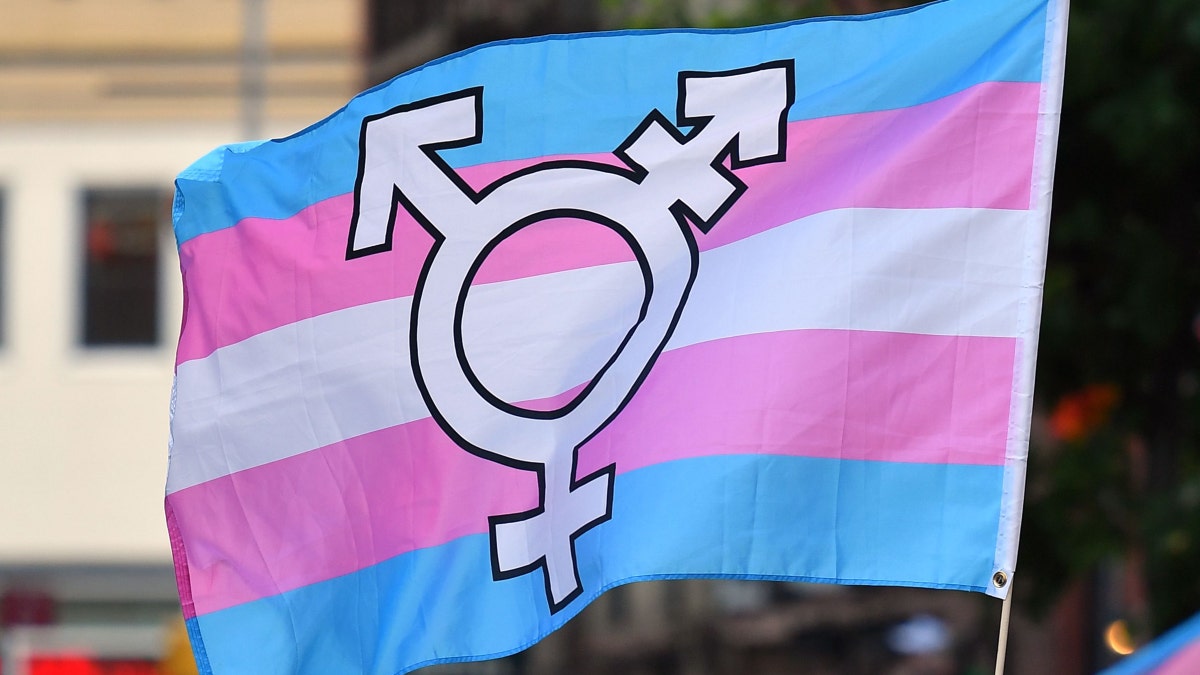Transgender psychologist Erica Anderson details her concerns about her industry's current protocols for children
While many of her European colleagues have recognized the need for a shift in the standards of care, Anderson blames 'hubris' for the full steam ahead approach to gender-affirming care for minors in the U.S.
The National Institute of Health (NIH) has awarded over $200,000 to researchers to create a "transgender voice training" app that aims, in part, to help trans women sound more feminine.
A transgender professor and two speech therapy experts have teamed up to create the software at the cost of $213,878 in taxpayer funds from the National Institute on Deafness and Other Communication Disorders, an agency of the National Institutes of Health, according to documentation. The research will be conducted by the University of Cincinnati, led by Associate Professor Vesna Novak, as well as speech scientist Victoria McKenna of UC and speech-language pathologist Tara McAllister of New York University.
"Transgender and gender diverse people exhibit a significantly lower quality of life than the general public," according to an abstract of the study first reported by The College Fix. "One reason for this is voice dysphoria: distress because a person’s voice does not match their gender identity (e.g., trans women with deep voices)."
The project, titled "Improving the Accessibility of Transgender Voice Training with Visual-acoustic Biofeedback," aims to improve "gender-affirming voice and communication training (GAVT)" with software to coach trans women on their "pitch and resonance" through voice exercises, which are the two main indicators of voice femininity and masculinity the abstract states.

NIH/Trans Flag (Getty Images)
In an announcement of the NIH grant, McAllister discussed the goals of the study.
"Some trans people can be negatively impacted if their voice is perceived as incongruous with their gender identity, and they may choose to work with a speech pathologist to achieve a vocal presentation that is comfortable for them," McAllister said.
"In addition to the pitch of the voice, male and female vocal tracts also differ in their resonating characteristics, but resonance is harder to understand than pitch, and harder to target in therapy." McAllister added. "The staRt software allows learners to visualize the resonant frequencies of the vocal tract, which could make it easier to adjust them to match a target that is appropriate for their personal speech goals."
Forty trans women will be randomly assigned to either an experimental group that will use the researchers' software or a control group that will use a generic voice analysis app. They will meet once a week with a speech-language pathologist for remotely administered GAVT, who will assign homework, while participants will self-report their amount of daily practice, self-efficacy and intrinsic motivation scores that will be compared between groups.

Some of the members of the WHO's official trans health committee – which will provide guidance for nations on dealing with trans individuals – are passionate pro-LGBTQ activists. (ANGELA WEISS/AFP via Getty Images)
"The software will be released for free and thus immediately provide transgender people and SLPs with free interactive tools for GAVT; furthermore, it can later be expanded with other important features," the abstract concludes. "In the long term, GAVT software may become an essential tool to reduce gender dysphoria in transgender and gender diverse individuals, thus improving quality of life for this marginalized population."
All three researchers involved in the study previously looked at how to help transgender people be satisfied with their voices at taxpayer-funded institutions, the College Fix reported.
CLICK HERE TO GET THE FOX NEWS APP
Transgender people "were positive about the idea of a [voice training] app and considered it more accessible and less dysphoria-inducing than human coaches as well as more effective than self-guided training," according to a survey Novak co-authored in 2022 survey in the Journal of Voice.
McAllister was part of a 2018 study that concluded that biofeedback therapy "could be a useful tool" for men who want to sound feminine. In addition, McKenna was awarded $17,000 by the University of Cincinnati to "investigate vocal dysphoria and its relationship with mental health, with the goal to provide quantitative evidence to refute insurance denials of gender-affirming care."
Fox News Digital reached out to Professors Vesna Novak, Victoria McKenna and Tara McAllister for comment. This story will be updated with any reply.









































